Azerbaijani authorities address claims of Starlink devices facing customs barriers

Baku responds to concerns amid growing demand for satellite internet in the region
Azerbaijani authorities have issued an official response following widespread claims that Starlink satellite internet devices are being delayed or restricted at the country’s customs checkpoints. The clarification comes amid growing interest in Elon Musk’s Starlink service, which offers high-speed internet access through low-Earth orbit satellites—especially valuable in remote or underserved areas.
Several social media users and local tech enthusiasts had recently reported difficulties in receiving Starlink kits ordered from abroad. These reports suggested that the devices were being withheld or subjected to extended inspections by Azerbaijani customs officials, prompting concerns over accessibility and transparency.
Government Responds to Allegations
In a statement released this week, the State Customs Committee of Azerbaijan acknowledged the growing demand for satellite communication devices like Starlink but denied any deliberate obstruction or blanket ban on their importation.
“All goods entering Azerbaijan, including satellite communication equipment, are subject to standard customs procedures and regulatory checks,” the statement read. “Starlink devices fall under the category of telecommunication equipment, which requires licensing and coordination with national regulatory authorities.”
Authorities emphasized that the delays were not politically motivated but instead stemmed from compliance with telecommunications laws, which govern the use of foreign-operated satellite infrastructure within Azerbaijani territory.
National Regulations and Security Concerns
Azerbaijan’s Communications and High Technologies Ministry reiterated that the import and operation of satellite-based internet systems must align with the country’s cybersecurity and spectrum management policies. Officials expressed concern over unregulated access to communication services, particularly those that bypass local internet gateways and oversight.
“Satellite-based systems operate outside of national infrastructure, which raises legitimate security, licensing, and coordination issues,” a ministry spokesperson said. “This is not about banning Starlink; it’s about regulating it.”
The government has not ruled out the possibility of approving Starlink’s official operation within Azerbaijan, but stated that such a move would require discussions on legal frameworks, national oversight, and licensing protocols.
Public Reaction and Digital Access Debate
The news has sparked debates in Azerbaijan’s tech community, where digital accessibility remains a pressing issue. Rural and mountainous regions often struggle with slow or unreliable internet, prompting interest in alternatives like Starlink.
“We understand the need for regulation, but it should not become a barrier to technological advancement,” said Leyla Karimova, a digital rights advocate based in Baku. “Access to information and communication tools is a basic right, especially in today’s world.”
Some users have taken to online forums to share their experiences with customs delays and raised concerns about a lack of clarity in the import process for individuals not linked to telecom firms.
Looking Ahead
As Starlink continues to expand its global footprint, many countries—including Azerbaijan—face a balancing act between embracing connectivity and maintaining national oversight.
For now, Azerbaijani authorities say they remain open to collaboration with satellite service providers, provided operations are in line with local laws. Stakeholders are hopeful that dialogue will lead to solutions allowing citizens broader access to next-generation internet, without compromising national security frameworks.






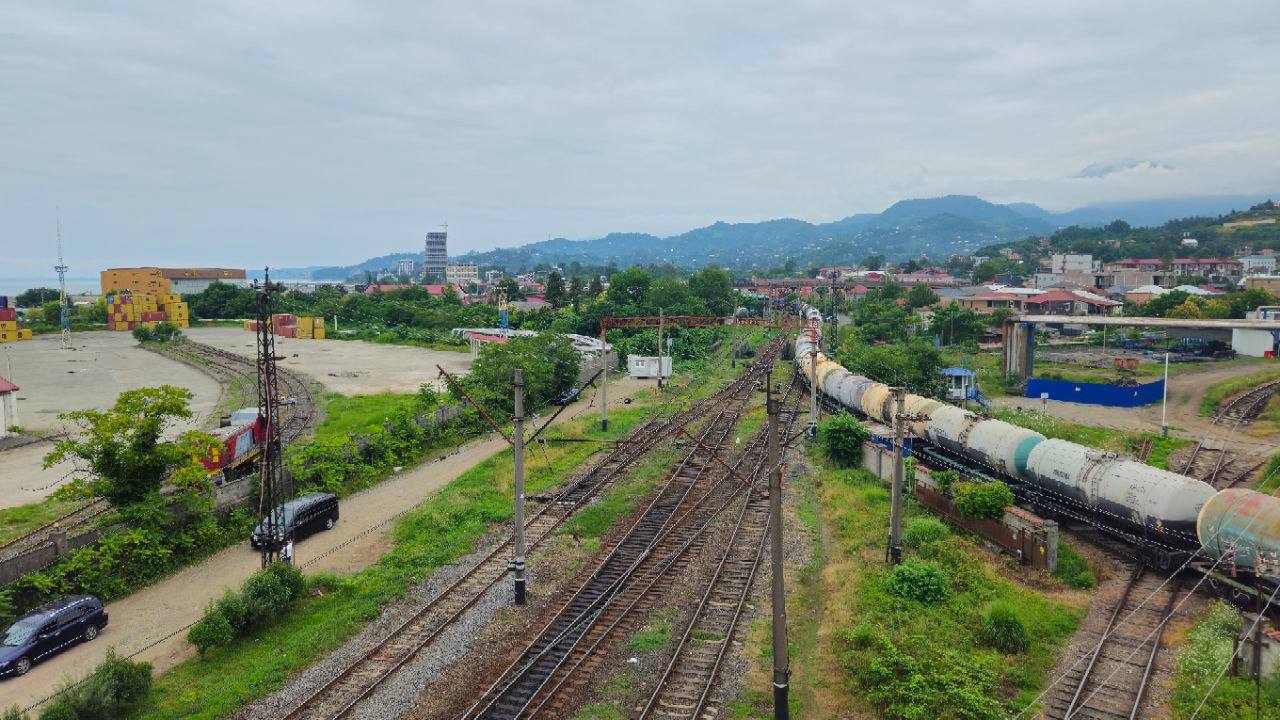

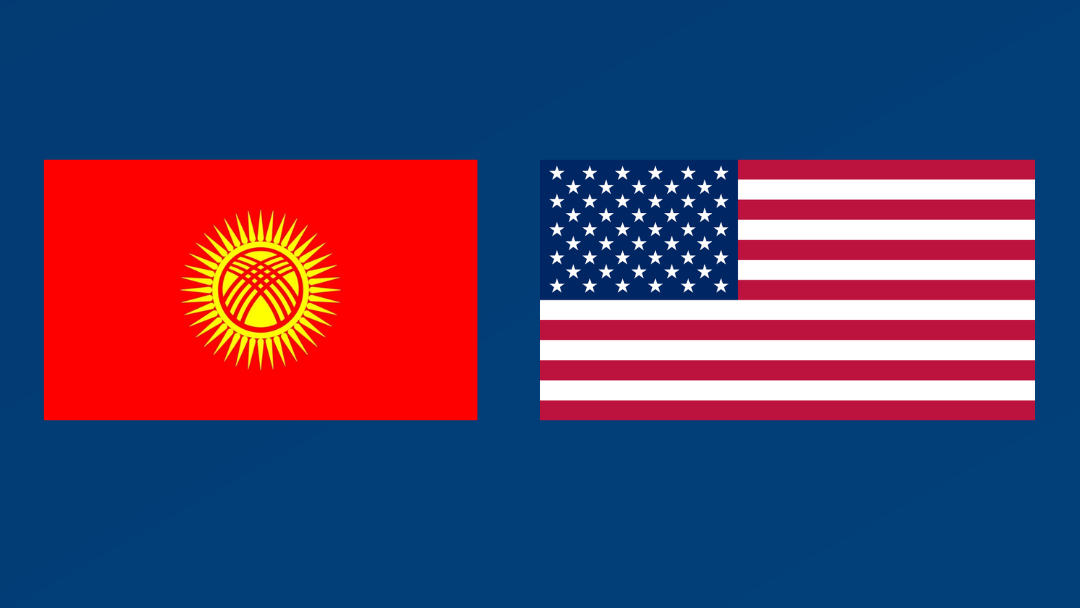
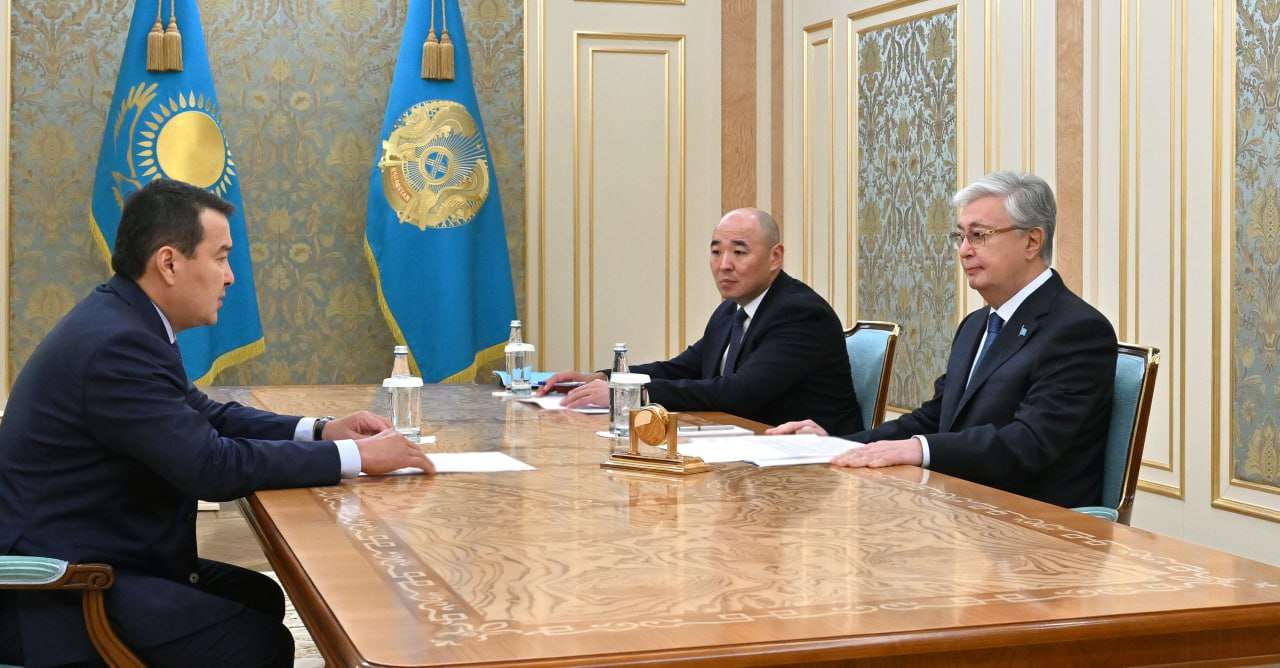



























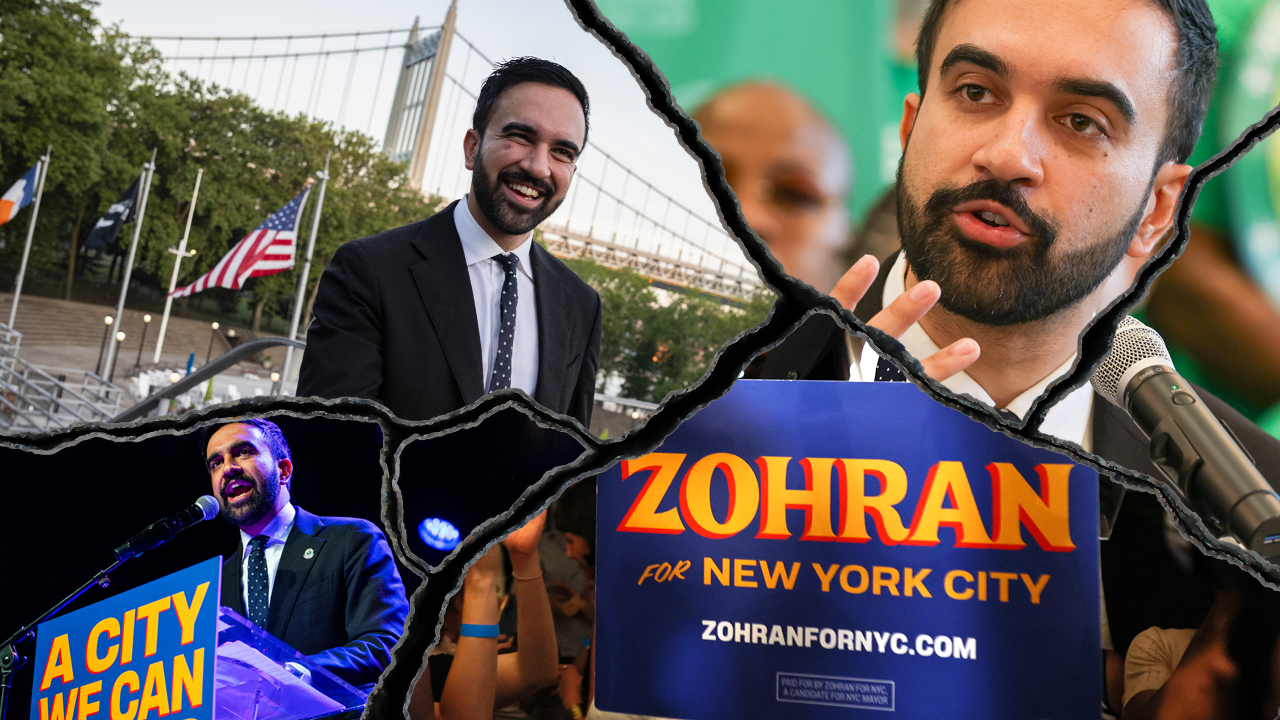

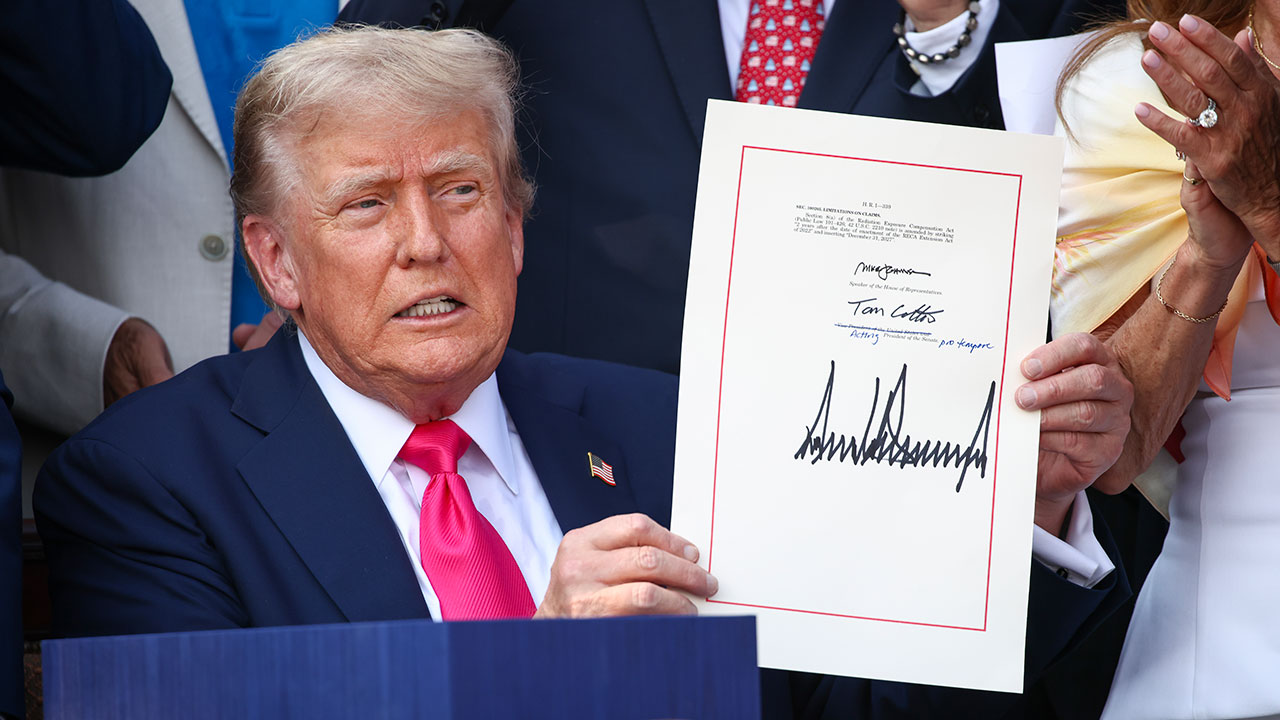











.png?Expires=1838763821&Key-Pair-Id=K2ZIVPTIP2VGHC&Signature=IO0~CT3pU-TcxGc~yoZSmoQx23MZVuK-~4jSii~NKEblRmyO3el7NXPu~Rh1o23voASg7hlcHLw4kvQuDK1jssEhcjoNBBvEpZ~GGOAU6yosBhpHpeF179F~h7i6VxmsBNh9gtTutkoqY73O2YCFey~IAqSzKbBqETP1kP9cAg1916Z1YkJJs-5MliMrkZ5d7-mWGLbpHp2wGj2VlMph8XzYlL4~y1O7fB~JdIS~Rs4RMRs2x0WT1qUIpHAsf3GdwtOyAmKFSpIg8xCyNGZZ5h~13nXlmpd7uPvW8tBfttpG9pFTqcway-uch5WyfHOEfi7UlJCOWrr6fCYY5PMgSg__)







